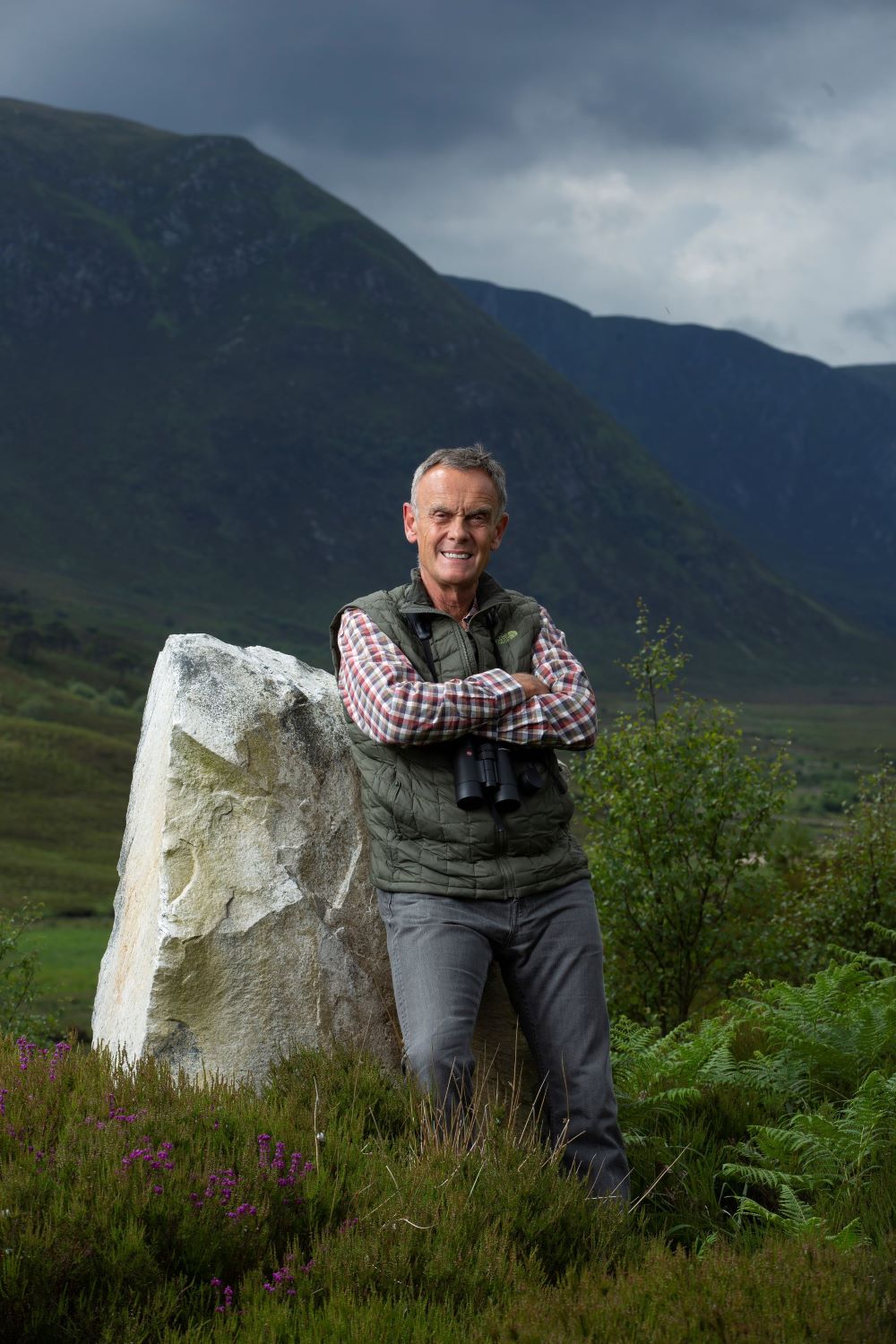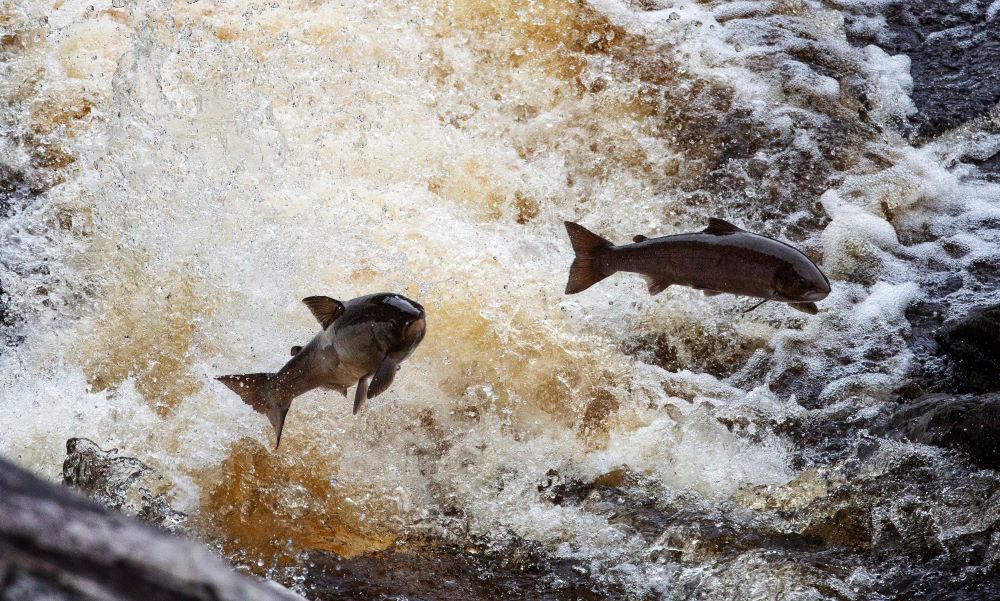Rewilding reimagined – Alladale Wilderness Reserve
We visit Alladale Wilderness Reserve in Scotland to find out why philanthropist Paul Lister thinks restoring nature is the ultimate investment of passion.
3 minutes to read
Driving into the 23,000-acre Alladale Wilderness Reserve an hour north of Inverness for the first time, it’s hard not to be awed by the breath-taking scenery and views. On a clear day it’s possible to see both Scotland’s east and west coasts from the highest point on the property.
For many, this is the epitome of what the Highlands should look like: vast expanses of misty purple-hued, heather-clad hills populated by majestic stags with the occasional iconic Highland cow thrown in for good measure. The man I’m on my way to meet begs to differ.
“It looks wild to people because the wild and empty landscape is what we have become accustomed to over centuries and generations,” says Paul Lister, who bought Alladale 20 years ago as well as founding the European Nature Trust.

Paul Lister surveys his reserve
But as Lister, whose father started the MFI furniture empire, points out, the Highlands were once largely covered by Caledonian forests. “We’ve been cutting down those forests for the last millennium, most heavily in the past 300 years,” he laments.
Lister’s mission for the past two decades has been to bring back nature by planting hundreds of thousands of Scots pine and other native tree seedlings. As he shows me around, the difference between the restored and traditionally managed areas is stark, and the treeless hills start to appear barren compared with the newly wooded glens.
Climate change makes the return of the trees even more crucial. Rising temperatures and a lack of arboreal shade mean many of the rivers where wild salmon spawn are now too warm for the fish to successfully reproduce.

Climate change is making it harder for Scottish salmon to breed
Progress is slow, however. Partly because Scots pines take decades to grow in the harsh uplands environment, but also because the young trees are grazed voraciously by deer. Reducing their numbers has been a key priority for Lister, but it hasn’t been universally popular as culling Alladale’s population has drawn in deer from surrounding estates, some of which maintain higher deer densities as a way of sustaining guest stalking.
Alladale’s business is centred around wellness and nature tourism as opposed to the more traditional seasonal sporting model.
Lister’s ambition to introduce a pack of wolves to help keep deer numbers in check has been even more controversial, although he’s quick to point out that they would be fenced in. “I think we’ve overshot the notion of having wolves back in the wild in the UK. I wouldn’t advocate that.”
Radical though some of his ideas may seem, what Lister is trying to achieve has gone mainstream. Rewilding has entered common parlance and Scottish estates are now just as likely to be sold based on the value of their natural capital potential as their sporting bags.
Tree planting and peatland restoration are now seen as key weapons in the fight against climate change, with governments setting ambitious nature restoration targets and ESG funds allocating billions towards carbon and biodiversity offsetting schemes. Locally produced food – wild venison at Alladale, along with trout from the reserve’s aquaponic gardens – is also rising up the political agenda.
Change can’t come quickly enough for Lister. “We can’t carry on the trajectory we’re on now. Believe it or not, 27% of the Earth’s land mass, less desert and ice, has been logged, burnt or felled to make way for the livestock industry. Look out of the window on a flight from London to Istanbul and you’ll see how we have sanitised the continent. It’s a farm the entire way.”
Discover more
Download
Download the full report for more in depth analysis and the latest trends relating to global wealth.
Download the report
Subscribe
Subscribe for all the latest insights and additional content.
Subscribe